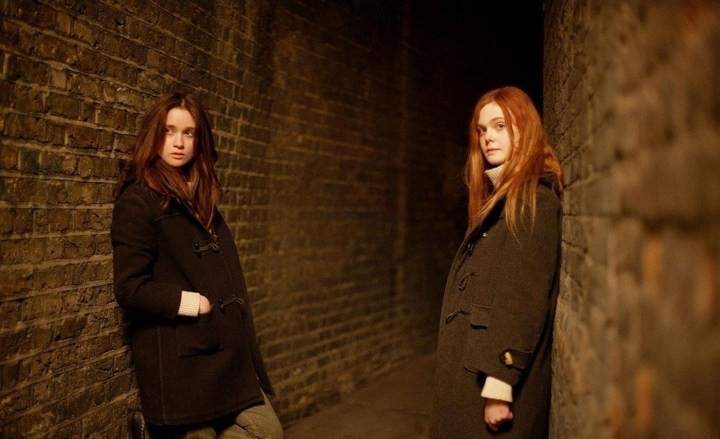Ginger and Rosa
Elle Fanning's performance as Ginger is nothing short of exceptional in this film by Sally Potter.
Overview
Ginger (Elle Fanning) is a strikingly beautiful and angsty British teen on the brink of adulthood. She's got more on her plate than the average girl her age though. She's living through the Cuban missile crisis of 1962, her family life is fraught with tension and she's completely disinterested in school.
Her confidant and best friend Rosa (Alice Englert) is the centre of her world and together they get a thrill out of rebelling however they can. As the crisis escalalates Ginger's anxiety increases and she starts attending Ban the Bomb meetings in an effort to take back some sense of control. She wants her best mate to be a part of this too but Rosa's revolution becomes more evidently sexual. She is obssessed with the romantic notion of finding everlasting love.
More than anything what Ginger wants is for people to take her political stance seriously and she feels encouraged when her gay godfathers and their friend Bella (Annette Bening), a straight talking American writer, praise her efforts. She looks down on her mother Natalie (Christina Hendricks) who she deems pathetic and she idolises her father Roland (Alessandro Nivola). He is a free-thinking writer and music teacher who was imprisoned for being a conscientious objector during the war and, at least according to his own version of himself, has devoted his life to challenging the status quo. Eventually how far he can push this line and still justify his behaviour is put to the test in an extremely explosive scene.
Elle Fanning's performance as Ginger is nothing short of exceptional in this film by Sally Potter. Alice Englert also does a fine job of playing the naive and slightly confused romantic. In their own ways the two girls reflect what it's like to transition from adolescence to adulthood while also giving a very real sense of what it might have felt like to live through this extremely unsettling period of history.
To read the Concrete Playground Ten Must See Films at the New Zealand International Film Festival 2013, click here.





